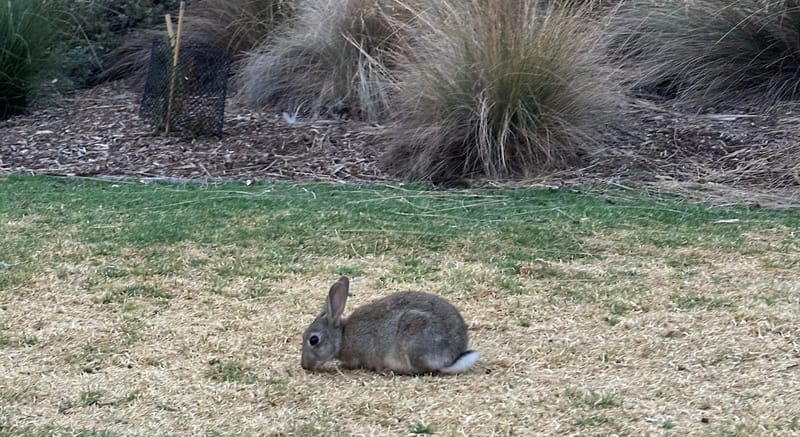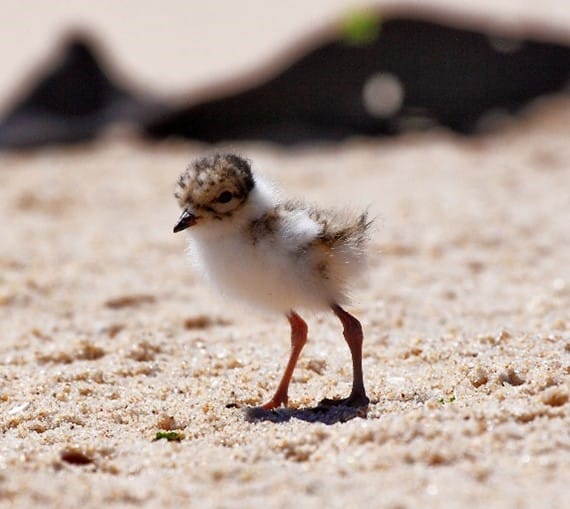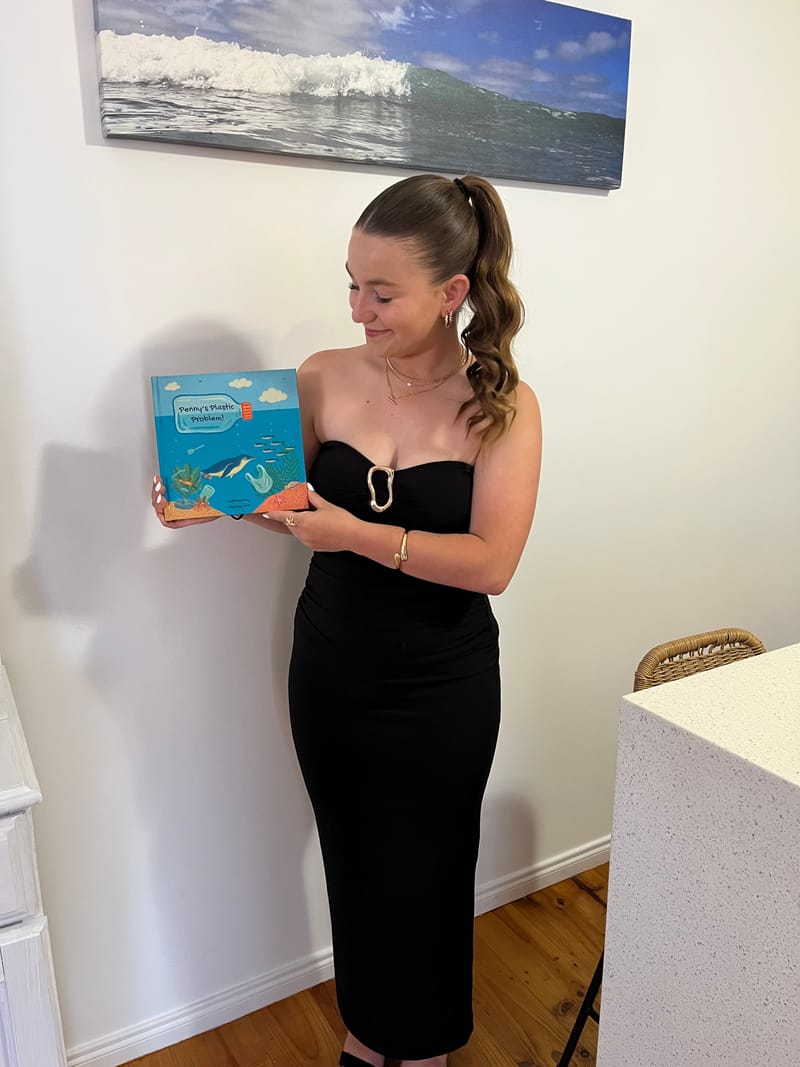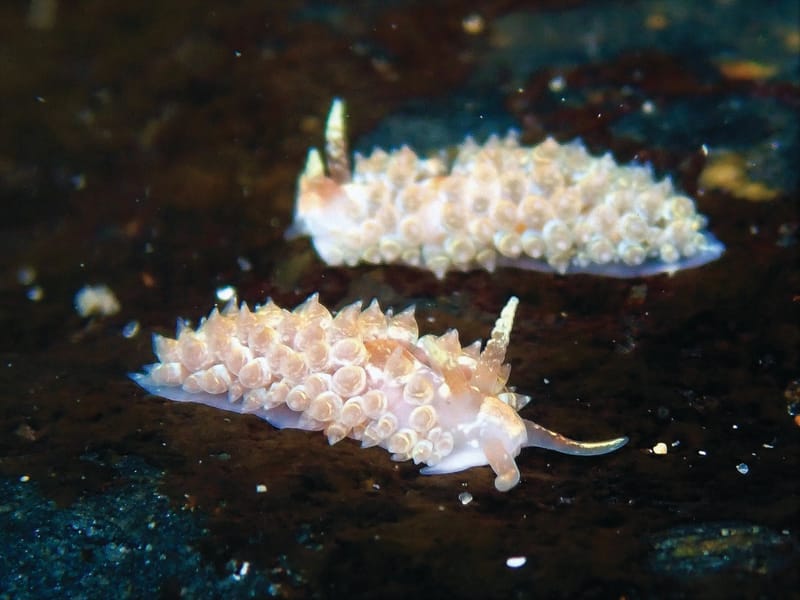Council greenhouse gases plummet for second year
Bass Coast Shire Council’s corporate greenhouse gas emissions are down almost 10 per cent.

Bass Coast Shire Council’s corporate greenhouse gas emissions are down almost 10 per cent, falling for the second year in a row.
Council released its latest Climate Action Snapshot report, which measures progress towards Council’s Climate Change Action Plan target of net zero by 2030, shows emissions have decreased to 11,919 tonnes in the 2021/2022 financial year.
The council said the drop in emissions was attributable to council’s participation in the Victorian Energy Collaboration (VECO), a partnership between 51 Victorian councils that provides them with 100 per cent renewable energy from wind farms in central and western Victoria.
VECO is the largest emissions reduction project ever undertaken by the local government sector in Australia, saving 260,000 tonnes of carbon emissions each year. By powering council-operated facilities and streetlights with renewable energy, the council said it has saved almost 2,000 tonnes of carbon emissions in the last 12 months.
The report showed the major remaining sources of council’s corporate emissions are associated with landfill operations and corporate vehicle use.
To address vehicle emissions, council confirmed it has received funding from the state government under its Electric Vehicle Charging for Council Fleets (EVCCF) program to install four 22kW electric vehicle (EV) chargers at the Wonthaggi Civic Centre and Wonthaggi Council Depot. These chargers provide essential infrastructure that will enable council to ramp-up the transition of its light vehicle fleet to EVs.
Other key climate action achievements listed by council across the last financial year included a record year for the Biolinks program, which saw over 315,000 plants to go in the ground across Bass Coast.
The report said these plants are estimated to store almost 60,000 tonnes of carbon over the next 25 years.
Council also launched the first ever round of its climate action grants in 2021/2022. Up to $40,000 per year is now available under the Community Grants program to support community climate action projects.
“Action to address climate change is a key priority at Bass Coast, as demonstrated by our Climate Change Action Plan, as well as our commitment to achieving net zero corporate and community emissions by 2030,” said Bass Coast Mayor, Cr Michael Whelan.
“The achievements last financial year speak to Council’s commitment to lead from the front in reducing emissions.
“The VECO partnership is a great demonstration of how local governments are acting with ambition and ingenuity to drive down emissions.
“Council will continue to work in collaboration with the community and other tiers of government to take meaningful steps towards achieving net zero emissions,” Cr Whelan continued.
“Together we will build a community that will be more resilient to future extreme weather events, rising sea levels and coastal erosion that are exacerbated by climate change.”
More information on the Bass Coast climate action plan available at www.basscoast.vic.gov.au






